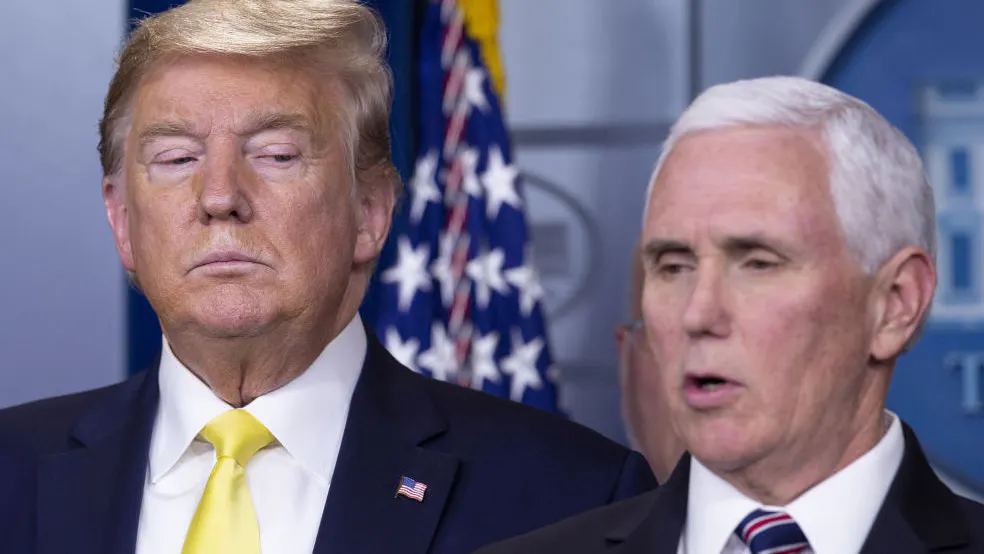On Tuesday, Vice President Mike Pence announced that the Trump administration was able to get major insurance companies to agree to waive copays on coronavirus testing.
“I’m pleased to report that as you requested, Mr. President, that all the insurance companies here, either today, or before today, have agreed to waive all copays on coronavirus testing, and extend coverage for coronavirus treatment in all of their benefit plans,” Pence announced during a meeting with President Donald Trump and insurance CEOs, according to The Hill.
The VP, who was tasked last week to help lead the effort in combating the coronavirus, added that insurance companies also agreed to avoid any “surprise billing” by making prices for coronavirus-related treatments available to patients up front.
The health insurance companies that attended the meeting, and are seemingly onboard with waiving such copays, include UnitedHealth Group, Anthem, Cigna, Humana, Aetna and the Blue Cross Blue Shield Association, The Hill reported.
According to Pence, the companies represent nearly 240 million Americans.
The coronavirus has infected more than 700 people in over 30 states and killed nearly 30 people, the Johns Hopkins University tracker estimates, The Washington Times noted Tuesday.
During a press conference Monday, Pence said that there will be more people who test positive for the virus in coming days as testing increases throughout the nation. The vice president emphasized that the “vast majority” of people who contract the virus will fully recover and those at greatest risk are the elderly.
The vice president encouraged Americans to visit Coronavirus.gov to understand the risks, learn about necessary precautions, and get updates about the virus.
According to the site, which has been updated periodically, coronavirus, or COVID-19, developments will likely include “more instances of community spread.”
“It’s likely that at some point, widespread transmission of COVID-19 in the United States will occur,” the site states. “Widespread transmission of COVID-19 would translate into large numbers of people needing medical care at the same time. Schools, childcare centers, and workplaces, may experience more absenteeism. Mass gatherings may be sparsely attended or postponed.”
“Public health and healthcare systems may become overloaded, with elevated rates of hospitalizations and deaths,” coronavirus.gov noted. “Other critical infrastructure, such as law enforcement, emergency medical services, and sectors of the transportation industry may also be affected. Healthcare providers and hospitals may be overwhelmed.”
“At this time, there is no vaccine to protect against COVID-19 and no medications approved to treat it. Nonpharmaceutical interventions would be the most important response strategy,” the site added.
The “nonpharmaceutical interventions” section hyperlinks to recommendations from the Centers for Disease Control and Prevention (CDC), which includes the following:
- Staying home when you are sick.
- Covering coughs and sneezes with a tissue.
- Washing hands with soap and water or using hand sanitizer when soap and water is not available.
- Staying home if you have been exposed to a family or household member who is sick.
- Covering your nose and mouth with a mask or cloth if you are sick and around people or at a mass gathering in a community where the pandemic is already occurring.
Related: Major Sports Leagues Impose New Policies Over Coronavirus

.png)
.png)

